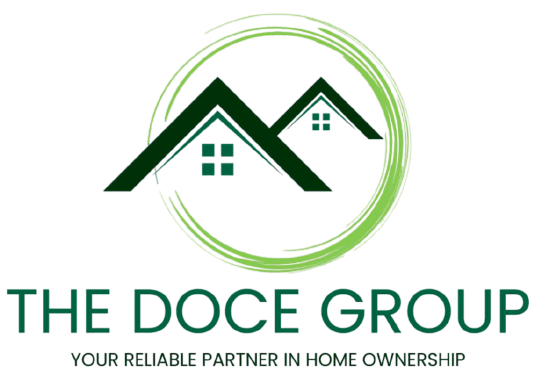When it comes to funding real estate investments or acquisitions, people are sometimes faced with a choice between hard equity loans and typical mortgage finance. While each path meets diverse requirements and situations, it has unique benefits and drawbacks.
Understanding Traditional Mortgage Financing
Traditional mortgage financing is probably the method most individuals are most familiar with. This method involves borrowing from a bank to purchase an asset. Loan terms typically include a down payment, interest, and a fixed-term repayment schedule, usually several years.
One of the primary benefits of traditional mortgage financing is the relatively lower interest rates compared to alternative lending options. Banks and financial institutions, backed by government regulations, tend to offer competitive interest rates, making homeownership more affordable in the long run. Additionally, traditional mortgages provide borrowers with the opportunity to build equity in their homes over time as they make regular mortgage payments.
However, traditional mortgage financing comes with its fair share of challenges, especially for individuals with uneven credit or non-traditional financial situations. Banks typically have strict eligibility criteria, requiring applicants to have a strong credit score, a good credit history, and a low debt-to-income ratio. This presents significant hurdles for borrowers who need to meet this criterion, leaving them with inadequate financing options from Mortgage Lenders in Florida.
Exploring Hard Equity Lending
On the other hand, hard equity lending, also known as hard money lending, offers an alternative solution for borrowers who may not qualify for traditional mortgages. Hard money lenders are private individuals or companies that provide short-term loans secured by real estate. These loans are asset-based, meaning the value of the property serves as collateral rather than the borrower’s creditworthiness or income.
One of the primary advantages of hard equity lending is accessibility. Hard money lenders are often more flexible in their lending criteria, making it possible for borrowers with less-than-ideal credit scores or unconventional financial situations to secure financing. Additionally, hard money loans can be processed much faster than traditional mortgages, allowing borrowers to capitalize on time-sensitive investment opportunities.
However, the convenience of hard equity lending comes at a cost. Hard money lenders typically charge higher interest rates and fees compared to traditional mortgage lenders. These rates reflect the increased risk associated with lending to borrowers who may have limited financial stability or creditworthiness. As such, hard money loans are best suited for short-term financing needs or real estate investment projects where the potential returns justify the higher borrowing costs.
Comparing Costs and Terms
When comparing hard equity lending to traditional mortgage financing, it’s essential to consider the overall costs and terms associated with each option. While conventional mortgages can offer lower interest rates and longer repayment terms, they require borrowers to meet rigorous eligibility criteria and go through a lengthy approval process.
On the other hand, hard currency loans offer greater access and flexibility, making them an attractive option for borrowers who do not qualify for traditional mortgages. However, the higher interest rates and fees associated with securitized loans can significantly impact the overall cost of borrowing, especially for longer-term financing needs.
Ultimately, the decision between hard equity lending and traditional mortgage financing depends on your individual circumstances and financial goals. If you have a strong credit history and stable income and can afford to wait for loan approval, traditional mortgage financing may be a more cost-effective option. However, if you need fast access to capital or have less-than-perfect credit, hard equity lending may provide the solution you need to pursue your real estate goals.
Conclusion
Both solid loans and traditional mortgages offer distinct advantages and disadvantages for borrowers looking to purchase property or finance their real estate investment. While traditional mortgages offer lower interest rates and longer repayment terms, they also come with stricter eligibility criteria and a longer approval process.
On the other hand, stable bank loans offer greater accessibility and flexibility. This makes them an attractive option for borrowers with poor credit performance or non-financial conditions, which is common. However, the higher interest rates and fees associated with securitized loans can significantly impact the total cost of the borrowed loan.
Ultimately, the best financing option will depend on your personal circumstances, financial goals, and risk tolerance. By carefully weighing the pros and cons of each option and consulting with financial professionals, you can make the right decision that meets your needs and objectives in the real estate market.





